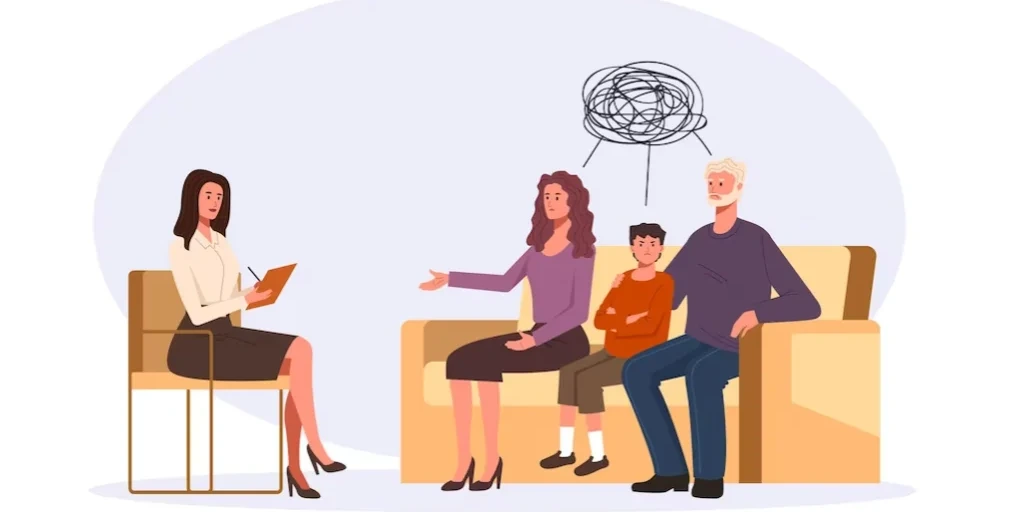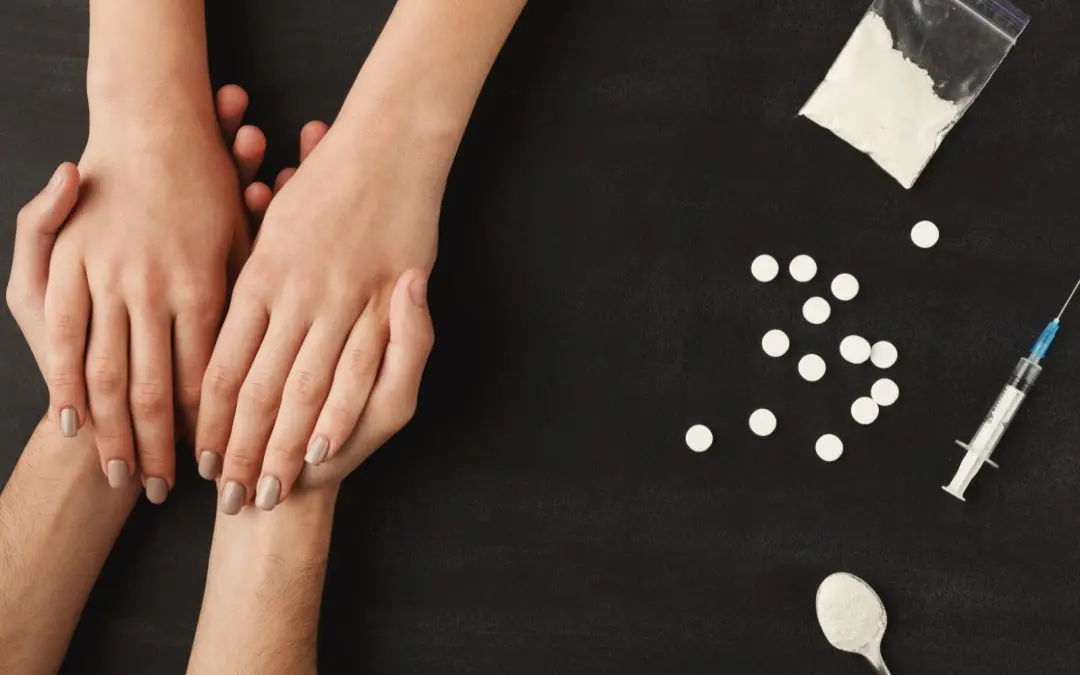24/7 Helpline:
(866) 899-221924/7 Helpline:
(866) 899-2219
Learn more about Opioid Rehab centers in Dowagiac
Opioid Rehab in Other Cities

Other Insurance Options

Premera

Self-pay options

Optum

Aetna

Highmark

WellCare Health Plans

Meritain

UnitedHealth Group

Magellan

Kaiser Permanente

MVP Healthcare

Ceridian

MHNNet Behavioral Health

BlueShield

Multiplan

Health Partners

Anthem

Lucent

Group Health Incorporated

Sutter






Woodlands Behavioral Healthcare Network
Woodlands Behavioral Healthcare Network works with individuals, families, and the community to inspi...





















































































